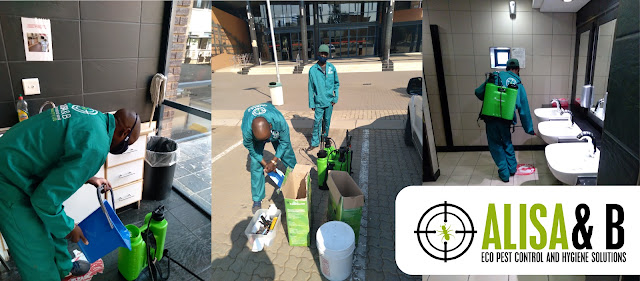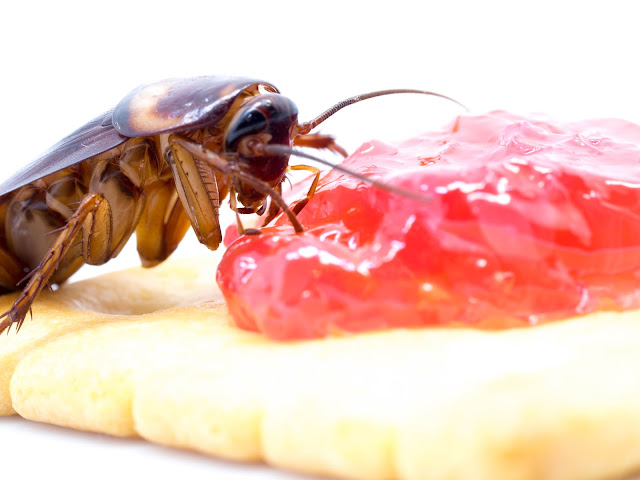Effective Decontamination and Disinfection Services for COVID-19 in South Africa
Effective Decontamination and Disinfection Services for COVID-19 in South Africa
The COVID-19 pandemic has had a significant impact on South Africa, with a high number of confirmed cases and the need for stringent measures to control the spread of the virus. Decontamination and disinfection services have become essential in the fight against COVID-19, as they help to eliminate or reduce the presence of the virus on surfaces and in the air. In this article, we will explore effective decontamination and disinfection strategies under the South African context for COVID-19 services.
Understanding the South African Context: South Africa has a diverse population with varying levels of access to healthcare, housing, and sanitation facilities. This creates unique challenges in controlling the spread of COVID-19 and requires targeted strategies for decontamination and disinfection services. Factors such as overcrowded living conditions, informal settlements, and limited access to clean water and sanitization facilities in some areas can contribute to the rapid spread of the virus. Therefore, decontamination and disinfection services need to be adaptable, considering the unique socio-economic and environmental factors in South Africa.
Best Practices for Decontamination and Disinfection Services:
Compliance with National and International Guidelines: Decontamination and disinfection services should adhere to national and international guidelines, including those issued by the South African Department of Health, the World Health Organization (WHO), and other relevant authorities. These guidelines provide recommendations on the types of disinfectants to be used, the frequency of decontamination, and the proper use of personal protective equipment (PPE) by service providers.
Thorough Cleaning and Disinfection: Decontamination and disinfection services should involve thorough cleaning of surfaces using appropriate detergents and cleaning agents, followed by the application of approved disinfectants. High-touch surfaces such as doorknobs, light switches, handrails, and surfaces in common areas should receive special attention. Special consideration should also be given to areas with known or suspected cases of COVID-19.
Use of Approved Disinfectants: Disinfectants used for COVID-19 decontamination and disinfection services should be approved by regulatory authorities, such as the South African Health Products Regulatory Authority (SAHPRA) or the Environmental Protection Agency (EPA). These disinfectants should be effective against the SARS-CoV-2 virus, which causes COVID-19, and used according to the manufacturer's instructions, including proper dilution rates and contact times.
Proper Training of Service Providers: Service providers conducting decontamination and disinfection services should be properly trained on the use of disinfectants, PPE, and other safety protocols. This includes proper handling, storage, and disposal of disinfectants, as well as the safe use of PPE to protect themselves and others from exposure to the virus.
Regular Monitoring and Evaluation: Decontamination and disinfection services should be regularly monitored and evaluated to ensure their effectiveness. This may include regular inspections, testing of surfaces for residual viruses, and feedback from clients and stakeholders. Any shortcomings or areas for improvement should be addressed promptly to maintain the quality and efficacy of the services.
In conclusion, effective decontamination and disinfection services are crucial in the South African context for combating COVID-19. Compliance with national and international guidelines, thorough cleaning and disinfection, use of approved disinfectants, proper training of service providers, and regular monitoring and evaluation are essential best practices for delivering effective services. By implementing these strategies, we can contribute to reducing the spread of COVID-19 and protecting the health and well-being of South African communities.
For any COVID-19-related services visit: www.alisaandb.co.za








Comments
Post a Comment